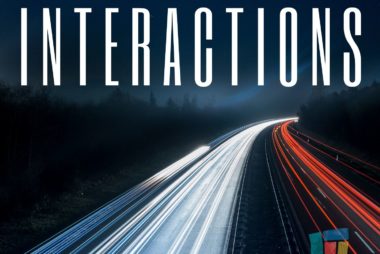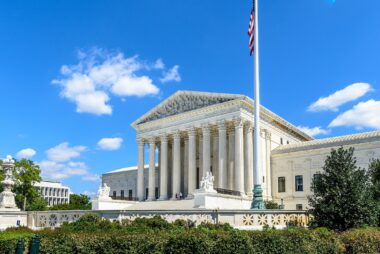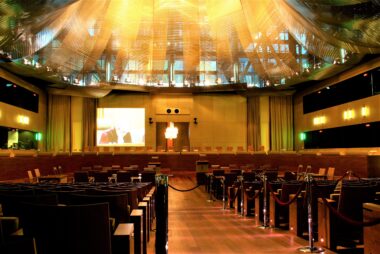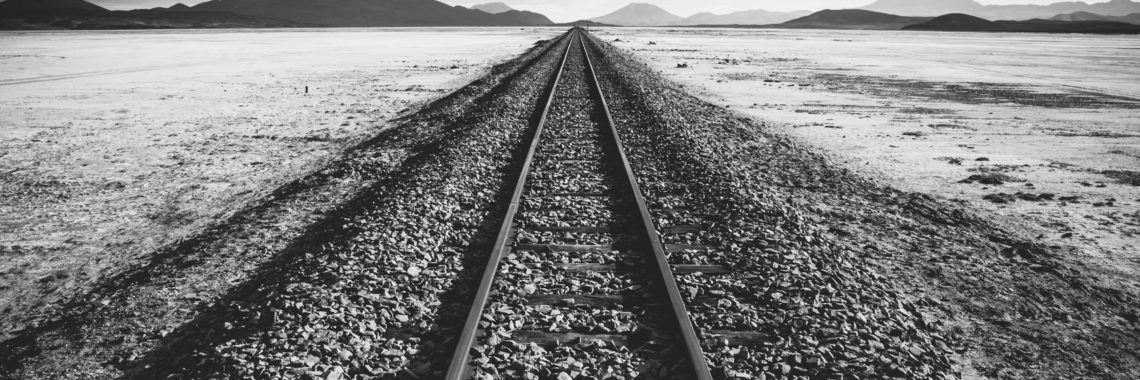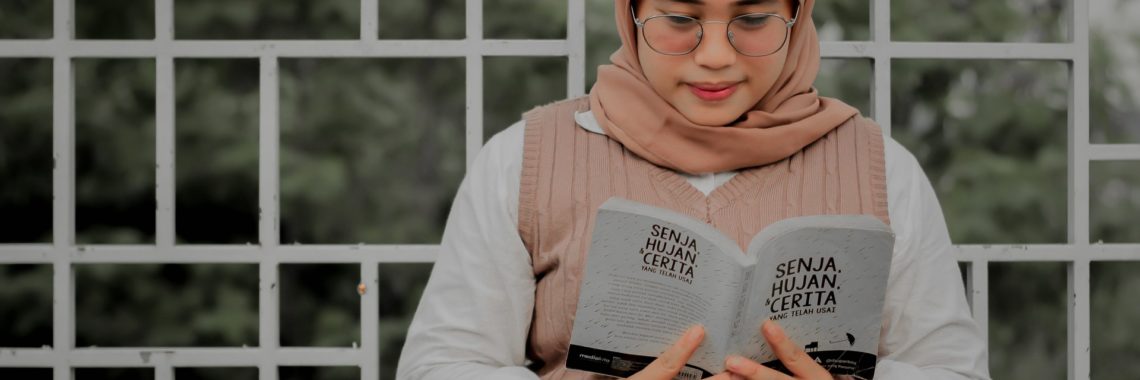“Irreconcilable differences: Law, Religion, and Taiwan’s relationship with China” by André Laliberté
Taipei Sunrise by Chensiyuan (CC BY-SA 4.0). Historically, laws regarding religion in China and Taiwan differ considerably, and these differences have increased in recent years. Under Xi Jinping’s rule, China seeks to revert to an earlier period of intertwined political and religious authority under the uncontested leadership of the Chinese Communist Party. In contrast, Taiwan…



